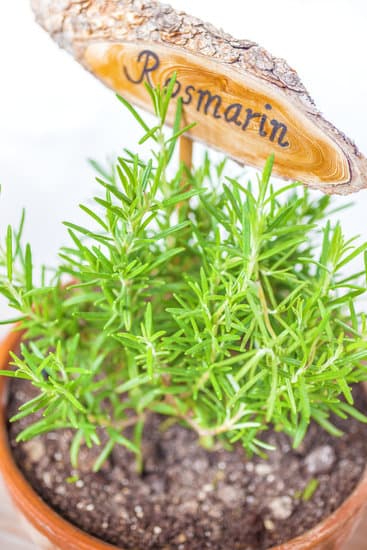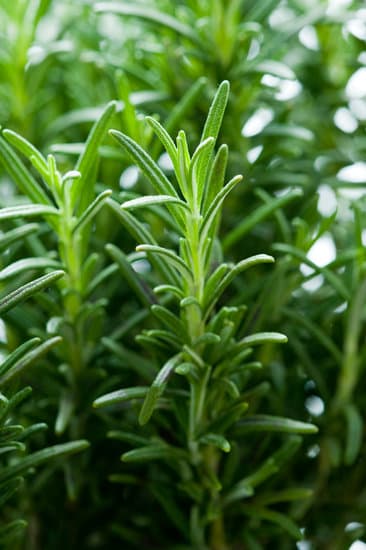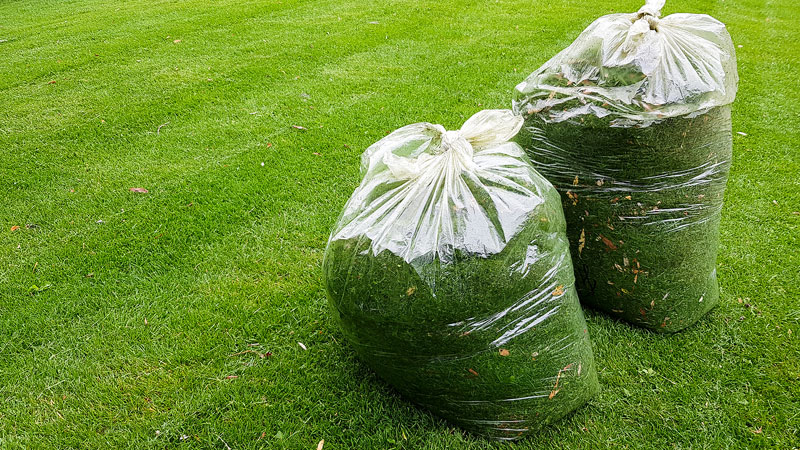[wpdreams_ajaxsearchlite]
Rosemary is a staple ingredient to spice up your dishes. They are easy to plant and maintain. You can grow one on your own. Rosemary is an evergreen shrub characterized by needle-like leaves. Once bloomed in spring and summer, it will have brilliant blue flowers. Additionally, as you grow Rosemary it emits a mild fragrance to fill the air in your garden.
For your cooking needs, choose rosemary varieties like Spice Island, Tuscan Blue, or Miss Jessup. Large plants may grow up to 6 feet tall in the ground and are characterized by large fragrant leaves. They also tend to hold their flavor cooked or dried. Blue Boy Rosemary is best for planting in pots. The leaves are usually small and grow in clusters.

Planting Rosemary
This evergreen plant will thrive in warm, humid environments. They will not take cold temperatures easily, so it is recommended to put them in containers. This way, they can be moved easily in winter. In choosing pots, terra cotta pots are your best choice. These pots will allow Rosemary to dry out faster. For healthy growth, the soil temperature should be around 70 degrees Fahrenheit. For gardeners living in a frost-free area, Rosemary will grow in the ground all year.
In planting, ensure that the seeds are fresh. It can be tricky to grow Rosemary seeds. Usually, cuttings from established plants provide more success. Cut stems about 2 inches long. Next, remove the leaves on the lower two-thirds of the cut stem. After, put the cuttings in a mixture of peat moss and perlite. Then spray it with water regularly until roots begin to grow. After about three weeks, check if the roots are ready by gently tugging on the cuttings. Give your plants enough room. A space of 2 to 3 feet apart is recommended. Once established, Rosemary will grow up to 4 feet tall and spread 4 feet wide.
Less Mess Black Bark Mulch (Only Available in Southern Ontario)
Rosemary Care
To successfully grow Rosemary, it needs maintenance. There is no need to worry because it is not complicated. To thrive, they need well-drained and sandy soil. Also, it is good to have at least six to eight hours of sunlight. So, when you put your plant inside, please place it in a location that will receive enough sunlight. Be mindful that growing Rosemary entails repotting at least once a year. It is because the plants are prone to become root-bound. A sign that it already needs repotting is the yellowing of the lower foliage.

Enough Watering
Another sign is when the plant looks like it is not getting enough water. Too much water can cause root rot in Rosemary. It may be challenging to know when your plant needs water because the needles do not wilt like broad leaves. Generally, you can water Rosemary every 1 to 2 weeks. Leave the plants to dry thoroughly between each watering. This herb is not a heavy feeder. But you may fertilize in spring with fish/kelp emulsion. To grow Rosemary, look out for fungi that may damage your plant. Rosemary is usually resistant to most diseases.
In a few cases, powdery mildew may happen. While this will not kill your Rosemary, it may weaken the plant. Check the plants regularly and apply appropriate fungicides once needed. Try to balance the humidity in your planting site. Like with fungi, Rosemary is also resistant to pests. If you notice mealy bugs, spray the plant with a soap-based insecticide. If there are scales, cut them off and discard the infested plant tips.
Pruning
Pruning is needed to grow Rosemary. It improves air circulation within the plants. Pruning also stimulates the plants to produce new shoots. Herbs used for flavorings thrive on being trimmed regularly. Prune once the blooming of flowers stopped. The rule of thumb in pruning this herb is not to cut more than one-third of the plant. Cut only above the leaf joint. Root pruning is recommended to maintain the size of your plant. Do this by slicing a couple of inches of the roots from the bottom and sides. Then, proceed with replanting it in the same pot. After pruning, you can proceed with drying the herb by hanging it. And there you have it, Rosemary fresh from your garden.
To grow Rosemary is an easy task. The plant is relatively fuss-free. And you don’t even need to have an herb garden because one pot is enough. You won’t ever have to find them again in the market because they will be readily available from your garden.
Thinking of having your sodding grass installed as the climate cools? Speak to a sodding expert at My Landscapers.
My Landscapers has been sodding and replacing lawns for over 17 years throughout Toronto, Markham, Vaughan & Richmond Hill. Our professionals only use natural fertilizers and solutions to help your lawn look lush, healthy & green. Request your FREE, no-obligation, detailed estimate today and one of our landscaping experts will contact you. Prefer to speak over the phone? Give us a call



